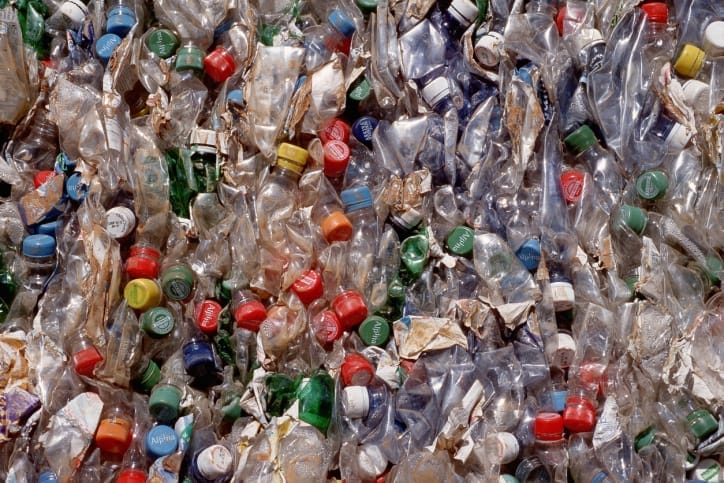When we last heard from Doug Woodring, WG’95, he was awash in the “Great Pacific Garbage Patch.” Through the nonprofit he founded, Project Kaisei, Woodring had just completed an expedition to this section of the ocean where trash—particularly plastic—meets, mingles and generally degrades the environment. A second trip was in the works. That was 2010. Nearly two years later, Woodring is gearing up for another initiative that targets plastic.
Called Plasticity Rio 2012, the event will be held on June 21 in Rio de Janeiro, Brazil, alongside the United Nations Rio+20 Earth Summit. The Plasticity website calls for “key plastics decision-makers, influencers and innovators” to attend, from the business, nonprofit and government worlds. Organizers, including Woodring, plan discussions on a variety of topics covering the entire lifecycle of plastics, from new material development, to recycling and re-use, to packaging.
A major component of the forum is the Capturing Gold global ideas competition. Using an idea-generating, crowdsourcing platform, Capturing Gold seeks submissions that address two challenges—how can we capture PET plastic bottles (the “gold”) on a long-term, sustained basis, and then how can we re-use that plastic in innovative ways? If you’re interested, you can visit the Capturing Gold competition site to enter an idea or vote on others’ ideas, or both. (Learn more about the competition at this Capturing Gold video.) The competition is open until June 8. The winners will be announced at Plasticity Rio 2012.
“The following day we will have a half-day session with stakeholders of all types who are interested,” Woodring told us. “We will give people the tools, based on the winning ideas announced at Plasticity, to go home to their respective countries and deploy these new ideas, and hopefully get something moving as a result of Rio within 100 days.“
Plasticity is the first-ever event of its kind, focusing exclusively on plastics and being held at a major international environmental conference. The Clinton Foundation and United Nations Environment Program both endorse the event, and Google is sponsoring it.
“It is also being done in a new way, showing the new technologies, innovations and opportunities that are associated within this industry,” Woodring wrote in an email to Wharton Magazine.

Doug Woodring, WG’95
The conference will focus on the positive ways to solve the plastics issue instead of just dwelling on the problem—which is the same optimistic spirit that Woodring brought to his Project Kaisei missions.
Before Wharton, Woodring majored in political science and economics as an undergraduate at U.C. Berkeley and worked for a few years in Asia. After his MBA, he returned to Asia and worked at Merrill Lynch, where he created a framework for a global environmental technology fund. He later migrated to the startup world, before founding Project Kaisei (which means “ocean planet” in Japanese) in 2008. He since founded the Hong Kong-based Ocean Recovery Alliance, a nonprofit focused on innovative solutions to improve ocean environments, through which he is involved in Plasticity.
Editor’s note: Please be sure to read our original article about Woodring, “A Battle in the Pacific,” and to view our video interview with him, filmed when he was a speaker at the 2010 Wharton Global Alumni Forum in Korea.

























